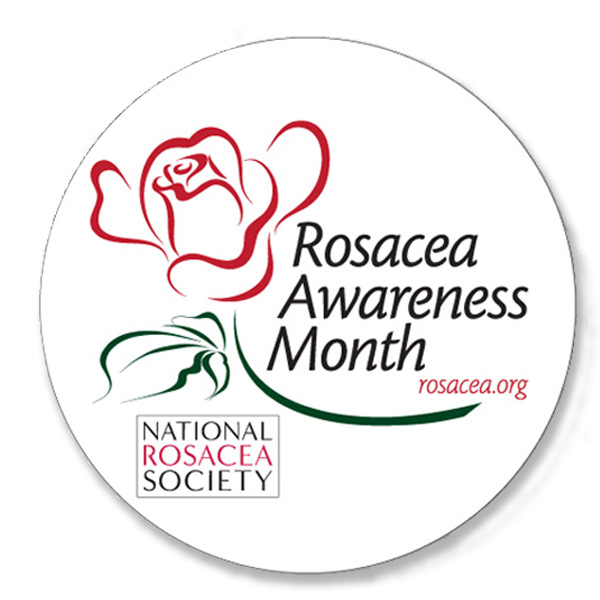April is Rosacea Awareness month. This chronic skin condition affects millions of people, yet it often remains misunderstood and misdiagnosed. Characterized by facial redness, visible blood vessels, and sometimes, small, red, pus-filled bumps, rosacea can significantly impact your quality of life.
Here I talk about the causes, symptoms, and management strategies for rosacea to shed light on this often-overlooked condition.
Understanding Rosacea
Although the exact cause of rosacea remains unknown, several factors contribute to its development:
- Genetics: Family history plays a significant role, suggesting a genetic predisposition for having rosacea.
- Dysfunction of Blood Vessels: Abnormalities in the face’s blood vessels may lead to flushing and persistent redness.
- Immune System Response: Inflammation triggered by an abnormal immune response may contribute to the development of rosacea.
- Environmental Triggers: Certain environmental factors — such as sunlight, extreme temperatures, spicy foods, alcohol, and stress — can exacerbate your symptoms.
Symptoms
Rosacea can manifest in different ways, and symptoms may fluctuate in severity over time. Common signs and symptoms include:
- Facial Redness: Persistent redness, particularly in the central face, is the hallmark of rosacea.
- Visible Blood Vessels: Small, visible blood vessels may appear on the cheeks, nose, chin, and forehead.
- Papules and Pustules: Small, red to pus-filled bumps resembling acne may develop.
- Thickened Skin: In some cases, the skin on the nose may thicken and become bumpy.
- Ocular Symptoms: Rosacea can affect the eyes, causing dryness, irritation, and redness.
Managing Rosacea:
While rosacea is a chronic condition with no cure, for patients with rosacea I recommend various management strategies that can help control your symptoms and improve your quality of life.
- Skin Care Routine: Gentle skin care practices are essential for managing rosacea. Use mild, non-abrasive cleansers and moisturizers, and avoid products containing harsh ingredients, such as alcohol and fragrances.
- Sun Protection: Protecting the skin from the sun’s harmful rays is crucial. Always use a broad-spectrum sunscreen with an SPF of at least 30, wear protective clothing, and seek shade when outdoors.
- Identify Triggers: Avoid triggers that exacerbate your rosacea symptoms. Common ones include spicy foods, alcohol, hot beverages, and extreme temperatures. Also, watch your stress level and practice relaxation techniques.
- Treatments: Depending on the severity of your symptoms, I may prescribe topical or oral medications to manage your rosacea. This may include antibiotics, anti-inflammatory creams, and medications to reduce redness. I also recommend in-office procedures such as laser therapy, to effectively reduce redness and improve the appearance of visible blood vessels.
Struggling with Rosacea? Talk with Us
Rosacea is a chronic skin condition that requires a comprehensive approach to management. By understanding the causes, symptoms, and triggers associated with rosacea, individuals can take proactive steps to minimize symptoms and improve your overall well-being. It’s really important to consult with us for the right treatment plan. Feel free to contact us about this or any medical and cosmetic dermatological service.

